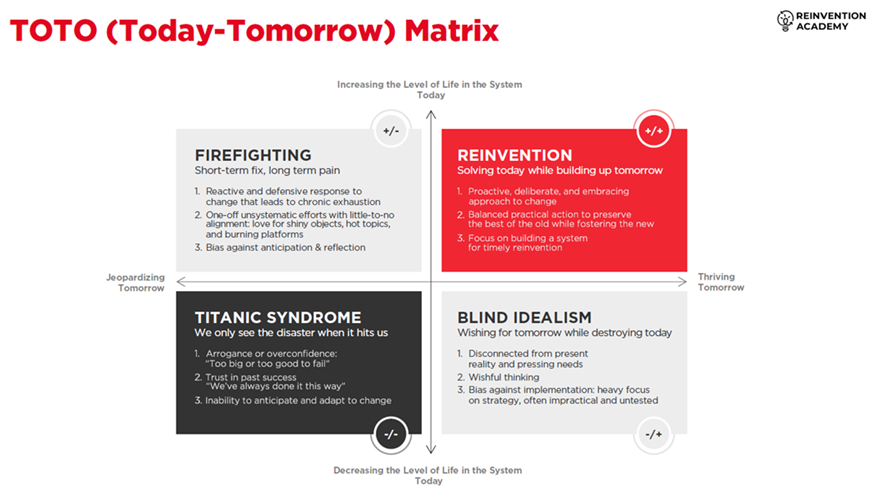The Number One Priority of the Most Elevated Leaders

Knowing about the concept of vertical development, I have come to learn that leaders can operate from three different levels of cognitive and emotional sophistication: Recognizing that only 8% of leaders operate at the highest level of leadership, I have been on a mission to identify: Exemplars of Mind 3.0 leaders What Mind 3.0 leaders […]
Getting In Touch with the Quality and Altitude of Your BEING Side

We have two different sides to ourselves. Our DOING Side We have a DOING Side, which represents our level of talent, knowledge, skills, and abilities. This represents how many apps you have downloaded on your computer. The more specialized your apps, the better you will be at accomplishing specific tasks. Most people are quite “in […]
How Elevated Leaders Think About Culture

As I study Elevated Leaders (8% of leaders who operate from a Mind 3.0 vertical altitude) and compare them to Most Leaders (85% of leaders who operate from a Mind 2.0 vertical altitude), one the primary differences is their relationship with and focus on culture. Let me explain. The Two Curves Whether we acknowledge them […]
How to Evaluate the Effectiveness of Leadership Development Programs

For a journal article I am working on, I have been combing through the academic research on leadership development. You might be interested to know that given the amount of time and money organizations spend on leadership development, there is relatively little research in academia on leadership development. It is definitely seen as a concern […]
You Have a DOING Side AND a BEING Side

What do these people have in common: Bobby Knight, Michael Jackson, Lindsay Lohan, Shia LaBeouf, Naomi Campbell, Bill Clinton, Richard Nixon, Gordon Ramsay, and Tiger Woods? These are all people that are immensely talented, but have operated in a manner that reveals that they are perceived as having a flawed character. This similarity exposes an […]
The Four Most Common Differences Between Mind 2.0 Leaders and Mind 3.0 Leaders

If you are unfamiliar with my material, I pull from adult development research, which has found that: Adults can develop in adulthood There are three different adult developmental stages (I call them Mind 1.0, Mind 2.0, & Mind 3.0). The higher the stage, the more effective one operates Most adults (64%) never develop in adulthood […]
What Leaders Should Focus on to Ensure Current and Future Success

This article is inspired by an incredibly thought-provoking idea that Dr. Nadya Zhexembayeva delivered during a recent workshop I hosted for my followers. You can get the recording here: Why You Need to Reinvent Your Organization (and Yourself) Every Three Years. What do organizational leaders most commonly focus on? In my experience, most organizational leaders […]
The Impact of Vertical Development on Organizations

A few weeks ago, I surveyed my newsletter subscribers and asked them what they would like to see me write about. A common theme from the responses was that they wanted to learn more about my business and the impact that it is having on the leaders and organizations that I work with. So, over […]
The Impact of Vertical Development on Individual Leaders

A few weeks ago, I surveyed my newsletter subscribers and asked them what they would like to see me write about. A common theme from the responses was that they wanted to learn more about my business and the impact that it is having on the leaders and organizations that I work with. So, over […]
How Knowing about ADHD Helps Us Understand the Value of Vertical Development

Recently, my daughter was diagnosed as having ADHD-I. As my wife and I have been learning about ADHD-I, my wife has been wondering whether she has ADHD-I. In my research, I have found that ADHD-I commonly goes undiagnosed, and this is particularly the case for adult women. ADHD-I is attention-deficit/hyperactivity disorder-inattentive. It is one of […]
